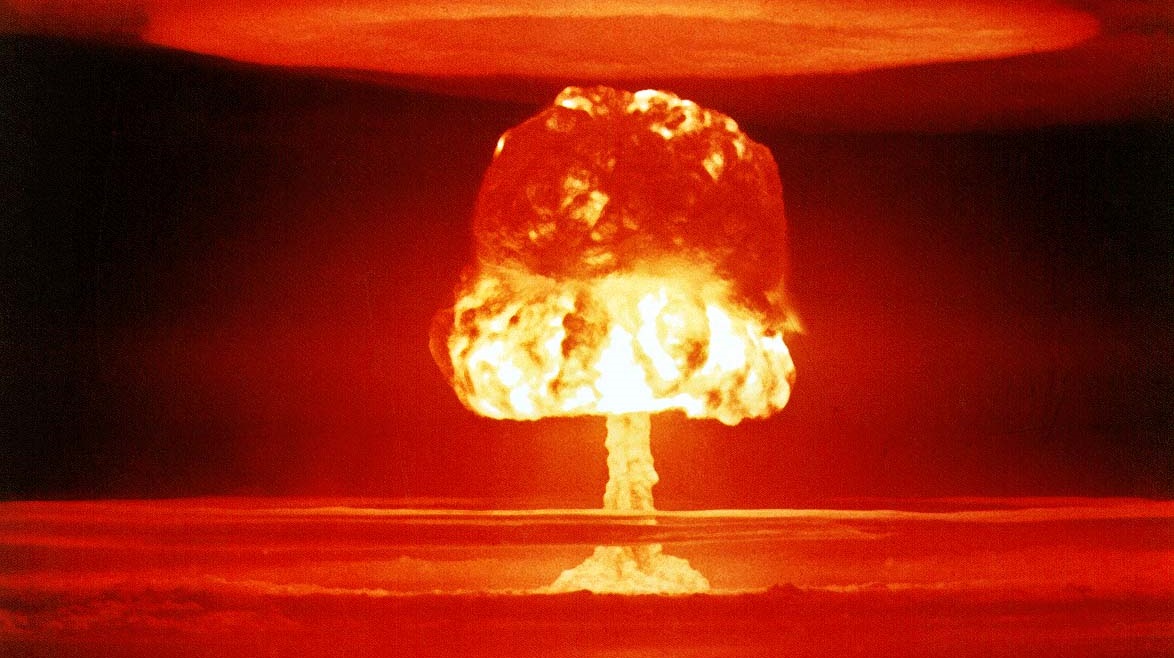This article, published in Sleepwalking to Armageddon: The 21st Century Threat of Nuclear Annihilation, discusses the importance of analyzing global catastrophic risks in order to understand and reduce them.
The article begins as follows:
Imagine living here on Earth five billion years from now – toward the end of when it is physically possible to live on Earth. The Sun gradually gets warmer, and over billions of years, eventually it becomes too hot for life as we know it to survive here on Earth. But five billion years from now, humans might exist not only on Earth; we might have spread across the stars, forming an immense galactic civilization that dwarfs anything we could have on Earth.
What besides the sun could jeopardize the future of the human race? Because humans are currently confined to earth, major global catastrophes are events so severe that they could make the difference for that entire great, beautiful future of the species. A global catastrophe could ruin it all, depriving countless members of countless future generations the chance ever to live. So, will we succeed at avoiding catastrophe, so that this great, beautiful future can occur? Or will we fail, ruining it all?
When we talk about the catastrophic risk of nuclear war, the biggest thing that could be at stake is no less than the entire fate of human civilization.
The remainder of the article is available in PDF archive.
This blog post was published on 01 November 2017 as part of a website overhaul and backdated to reflect the time of the publication of the work referenced here.










